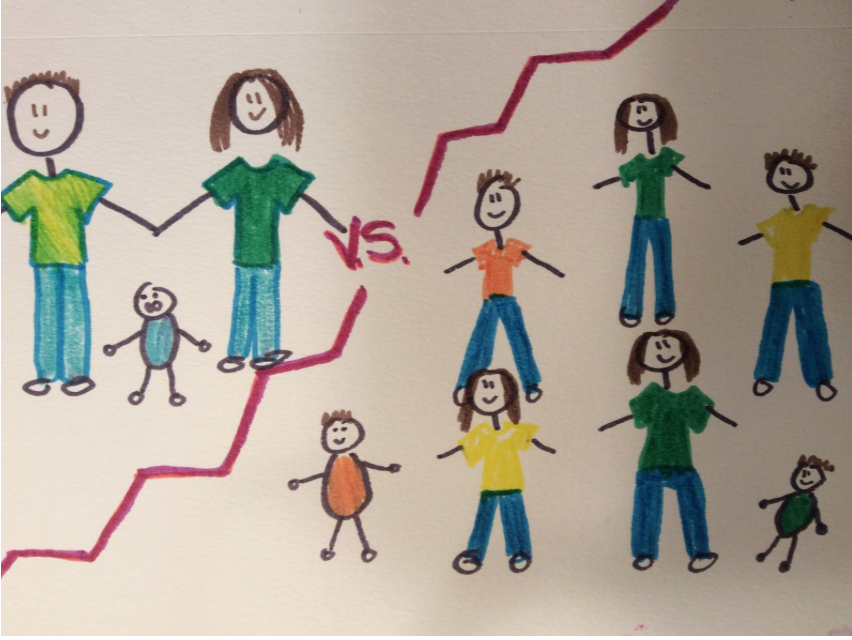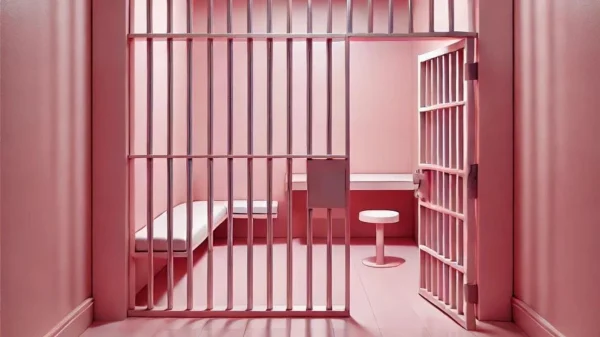Does (Family) Size Matter?
Picture by Ola Elmahdi
The current global population is higher than ever before, and scientists have estimated that it will continue to grow exponentially in the future. Couples now more than ever before are questioning whether to have smaller families or expand the number of children they have. Some parents argue that having a large family is more beneficial for children in terms of constant company and people to rely on in the future. However, an increasing number of couples, especially in Europe and North America, have been giving birth to smaller families of only one or two children. These couples with small families are the ones with an advantage; small families are more beneficial than large families both on a small and large scale.
The large-scale benefit of having smaller families would be the decrease in the rate of population growth. According to the United Nations Department of Economic and Social Affairs, “The current world population of 7.6 billion is expected to reach 8.6 billion in 2030, 9.8 billion in 2050 and 11.2 billion in 2100.” This population growth could lead to an overuse of resources and farms, and will eventually lead to the lack of space to expand and provide nourishment for the growing population.
As the global population grows, the use of fossil fuels will increase. It is already being used at a rapid rate, and the reserves of coal, gas, and oil are finite. In fact, Ecotricity, a British company that specializes in green energy, has projected that the known fossil fuel reserves will run out by 2088, with oil diminishing first in 2052, gas in 2060, and coal in 2088. These factors would lead to a decrease in the quality of life and higher child mortality rates, much like those in densely populated countries already (i.e. India, Bangladesh). Having smaller families would help maintain a good quality of life, and the chances of one’s children living to adulthood would be higher.
Giving birth to only a few children will also be more convenient for one’s family on a small scale. One obvious benefit would be financial stability. It is much easier to financially support one or two children until they find a career than it is to support five children or more. Fewer children give parents more emotional benefits and free time as well. “Parents with one child usually have more free time compared to parents with multiple kids. Parents will have more time to do their hobbies, household chores, or go on a date night with each other” (Daniel, 2018). Small families experience less chaotic environments at home, can spend more time together, and have children that grow into more independent adults since they rely less on siblings throughout their lives.
While having a large family may seem to lead to an entertaining, loving, and caring family life, this chosen lifestyle creates more risks than benefits. Smaller families are better for the environment, quality of life, resource distribution, and emotional health of people all across the globe.

I’m Ola Elmahdi, a young, less than energetic editor of the Ubiquity. My favorite article from the Ubiquity is probably “Modesty: Not Always a Virtue”...








